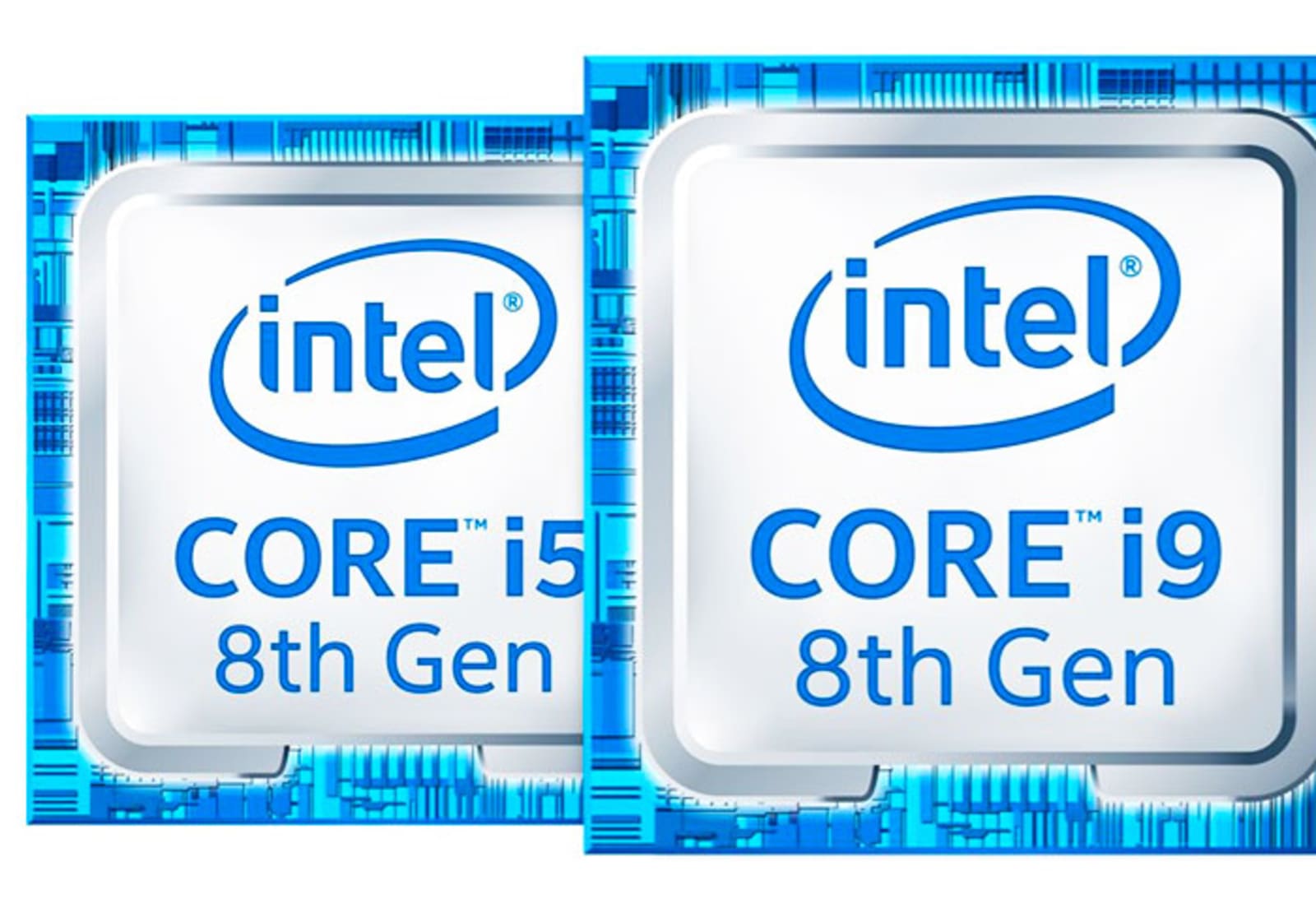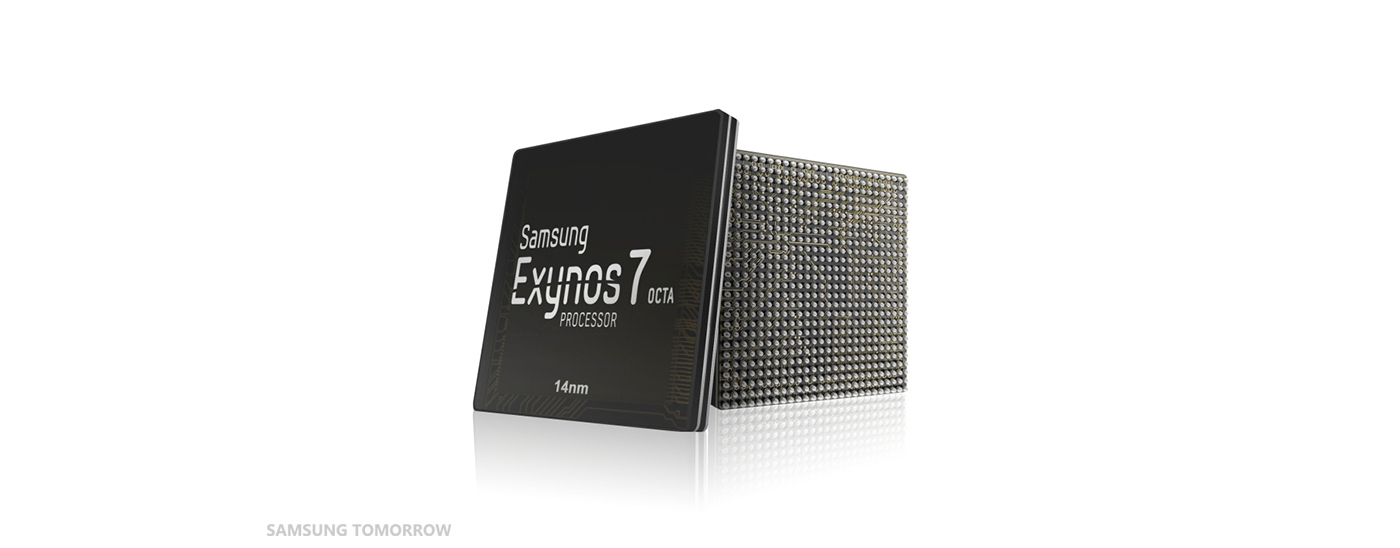
Many eyes may be shifted south of San Francisco to a shindig in Cupertino, but Intel's making some waves in the city. Just now onstage at IDF 2013, CEO Brian Krzanich showed off a functioning laptop running on a 14nm Broadwell Intel SoC. Naturally, Krzanich didn't deal any other details about the laptop, but did say that we'd see those tiny chips ship by the end of this year. And, following that little nugget, Chipzilla announced that there will be tablets packing Intel silicon being sold for less than $100 this holiday season. Who will build these bargain slates? Krzanich isn't telling, but we'll do our best to find out, and we'll let you know as soon as we do.
Filed under: Mobile, Intel
Comments
 In an open letter, interim Intel CEO Bob Swan admitted the company's supply of CPUs for the "entry level" PC market is "undoubtedly tight," so if you have trouble finding a cheap laptop for the holiday season then you know why. Between consumers upgr...
In an open letter, interim Intel CEO Bob Swan admitted the company's supply of CPUs for the "entry level" PC market is "undoubtedly tight," so if you have trouble finding a cheap laptop for the holiday season then you know why. Between consumers upgr...
 In an open letter, interim Intel CEO Bob Swan admitted the company's supply of CPUs for the "entry level" PC market is "undoubtedly tight," so if you have trouble finding a cheap laptop for the holiday season then you know why. Between consumers upgr...
In an open letter, interim Intel CEO Bob Swan admitted the company's supply of CPUs for the "entry level" PC market is "undoubtedly tight," so if you have trouble finding a cheap laptop for the holiday season then you know why. Between consumers upgr...
 Samsung has announced that it's bringing its 14nm Exynos chips to cheaper smartphones. These are smaller chips that are both more efficient and more powerful, and given that the company is already putting the technology to use on competitors' chips (...
Samsung has announced that it's bringing its 14nm Exynos chips to cheaper smartphones. These are smaller chips that are both more efficient and more powerful, and given that the company is already putting the technology to use on competitors' chips (...
 Samsung says it's making new Exynos processors with low-power 14nm chips -- which is no surprise. What is, however, is that the company is also in charge of building Qualcomm's (maker of Snapdragon) latest chips with the same process. Samsung's FinFE...
Samsung says it's making new Exynos processors with low-power 14nm chips -- which is no surprise. What is, however, is that the company is also in charge of building Qualcomm's (maker of Snapdragon) latest chips with the same process. Samsung's FinFE...
 For all the talk of fast graphics in thin laptops, the technology isn't quite there yet. You typically have to choose between a bulky gaming machine and a thin system with pokey low-end video. AMD thinks it might have the cure, however. It just offer...
For all the talk of fast graphics in thin laptops, the technology isn't quite there yet. You typically have to choose between a bulky gaming machine and a thin system with pokey low-end video. AMD thinks it might have the cure, however. It just offer...
 Samsung's next chip is a single square of silicone with a load of things your mobile computer needs. To start, the Exynos 8 Octa 8890 (memorable) is based on 14nm FinFET tech, whose 3D design means better power performance. The company has custom-d...
Samsung's next chip is a single square of silicone with a load of things your mobile computer needs. To start, the Exynos 8 Octa 8890 (memorable) is based on 14nm FinFET tech, whose 3D design means better power performance. The company has custom-d...



